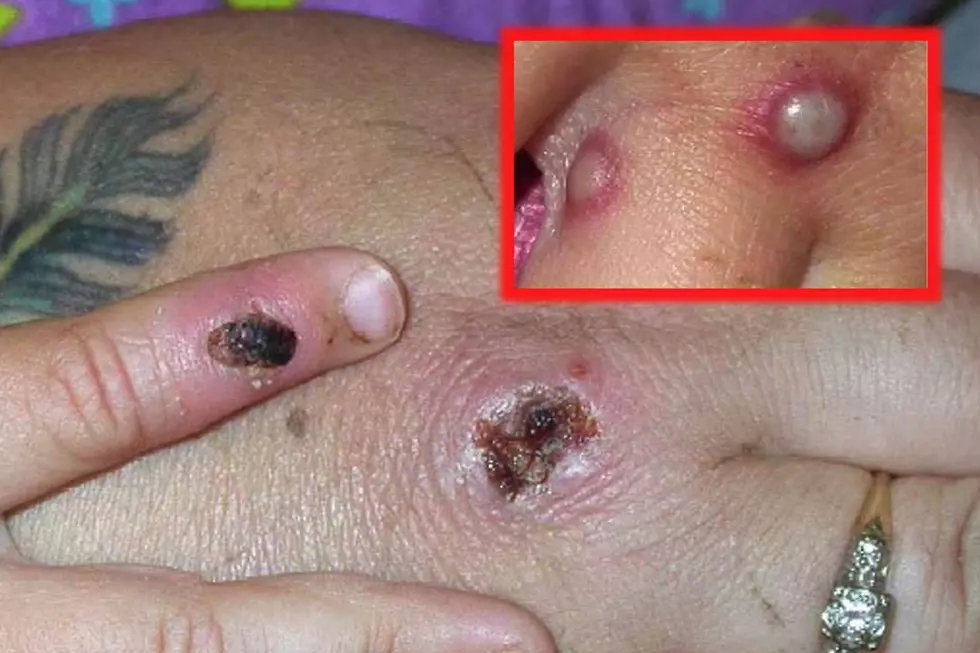
Rutgers seeking participants for NJ monkeypox treatment study
The monkeypox outbreak seems to have cooled for the moment in New Jersey, but Rutgers New Jersey Medical School is still focusing on potential future treatment breakthroughs.
Tecovirimat, or TPOXX, is a licensed vaccine for smallpox, which Dr. Debra Chew, associate professor and principal study investigator for Rutgers Research with a Heart, said is in a similar virus family to monkeypox.
Since there is no current monkeypox treatment approved by the U.S. Food and Drug Administration, Chew hopes to gather enough data in a study seeking 500 or more volunteers to produce meaningful results.

"I think that that would be the ultimate, trying to get this drug approved and for people to have access to it," she said. "This is a study that is being done in nearly 80 sites across the U.S., and Rutgers New Jersey Medical School is one of the sites."
The goal will be to be able to prove the effectiveness of TPOXX in a couple of different ways, according to Chew.
First and foremost, it is intended to provide preventive protection to the highest-risk groups, which include men who have sex with men.
But Chew said it may also be used to reduce risk in specific cases of exposure.
"If you have a sexual contact or someone in the household who's had monkeypox, the vaccine is used as a preventive measure so you won't develop monkeypox," she said.
Children and pregnant women have also been among those to contract this virus in the United States, and so Chew hopes these groups will participate in an "open-label arm" of the study in which all people receive tecovirimat, instead of some adults who may get a placebo.
"It's very important to study how monkeypox might affect these individuals and these populations," Chew said." So it's going to provide a lot of different information for a lot of people who may have monkeypox."
Those who volunteer and receive either TPOXX or a placebo will all be studied for eight weeks, Chew said.
More information is available at stomptpoxx.org, and those in New Jersey interested in getting involved in the study can contact Rutgers Research with a Heart at 844-782-6765 or through their Facebook or Instagram accounts.
Patrick Lavery is a reporter and anchor for New Jersey 101.5. You can reach him at patrick.lavery@townsquaremedia.com
Click here to contact an editor about feedback or a correction for this story.

